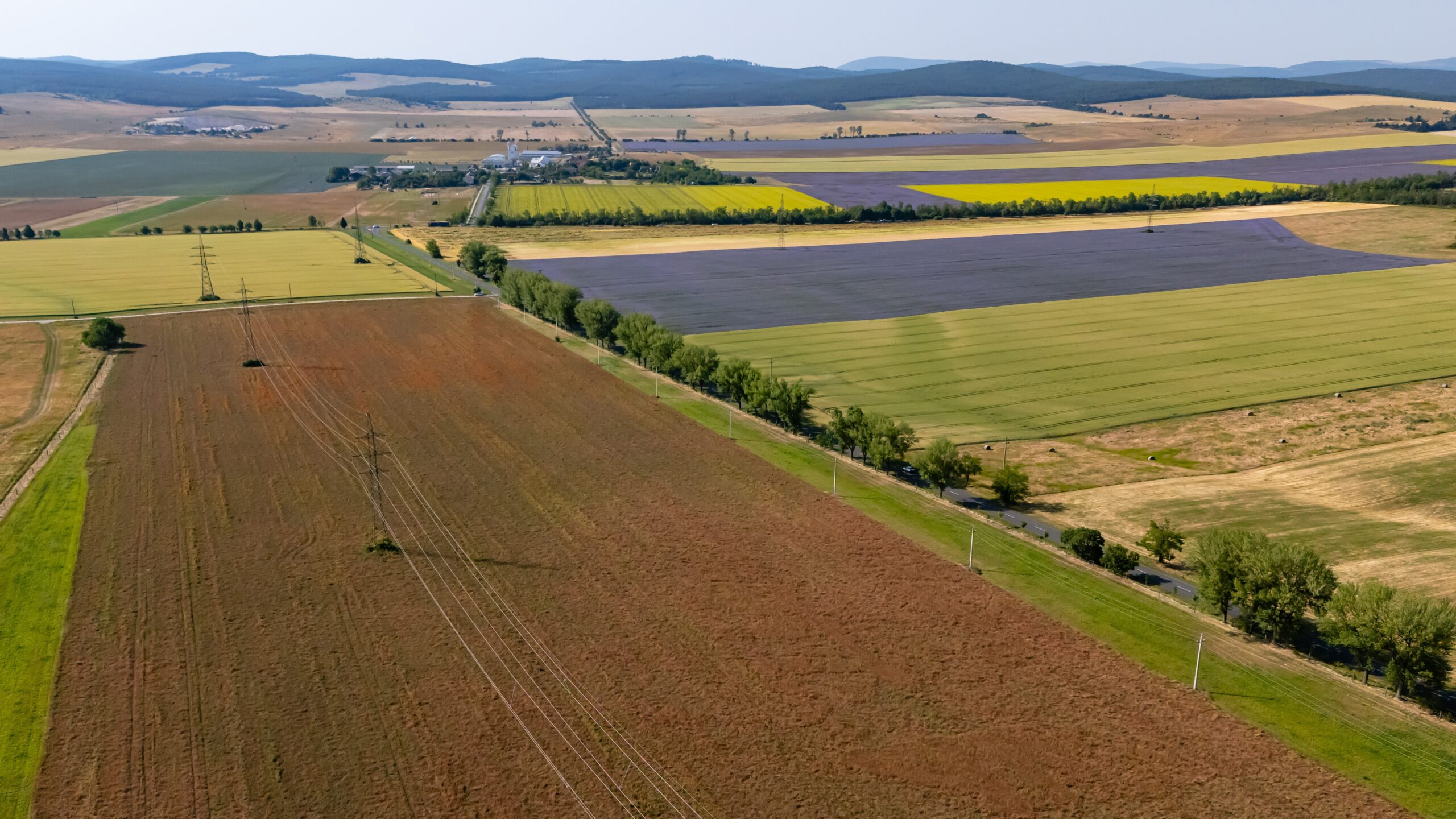Hungary’s Rural Development Programme, implemented under the previous EU budget cycle, supported close to 400,000 applications with more than 2,942 billion forints from both EU and domestic sources. The final payments are set to be completed by the end of this year. According to State Secretary for Agricultural and Rural Development Support József Viski, this marks the largest-scale rural development initiative since the political transition, as stated at Századvég’s Rural Conference 2025.
Viski emphasized that the programme was more than just a funding cycle; it represented a forward-looking series of investments that fundamentally improved the quality of life in rural Hungary, boosted development, and strengthened national food security.
‘The strategic goal of this period was to enhance the population retention capacity of rural areas by improving living conditions. Moreover, there has been a notable structural shift in agriculture, with a growing focus on the production of higher value-added products,’ he said.
According to the state secretary, between 2021 and 2023, government measures resulted in unprecedented funding allocations and a record number of successful applications. These resources have helped agricultural enterprises become more efficient and resilient amid environmental and economic challenges.
Viski added that the current EU cycle continues to offer unique opportunities for farmers to implement development and investment projects. Measures such as advance payments, subsidized loan schemes, and interest cost support aim to strengthen producers’ liquidity.
He highlighted that in the agricultural support period starting in 2023, a total of 5,651 billion forints is available to farmers, thanks to an 80 per cent domestic co-financing rate. Of this amount, 3,153 billion forints can be used for agricultural and rural development purposes, ensuring the continuation of forward-looking investments.
Looking ahead, Viski stressed that Hungary must insist on maintaining the two-pillar Common Agricultural Policy in the next EU cycle. Current EU leaders are proposing to merge agricultural funds into the general EU budget, a move Hungary considers unacceptable, as it would jeopardize both agriculture and rural communities.
Related articles:







